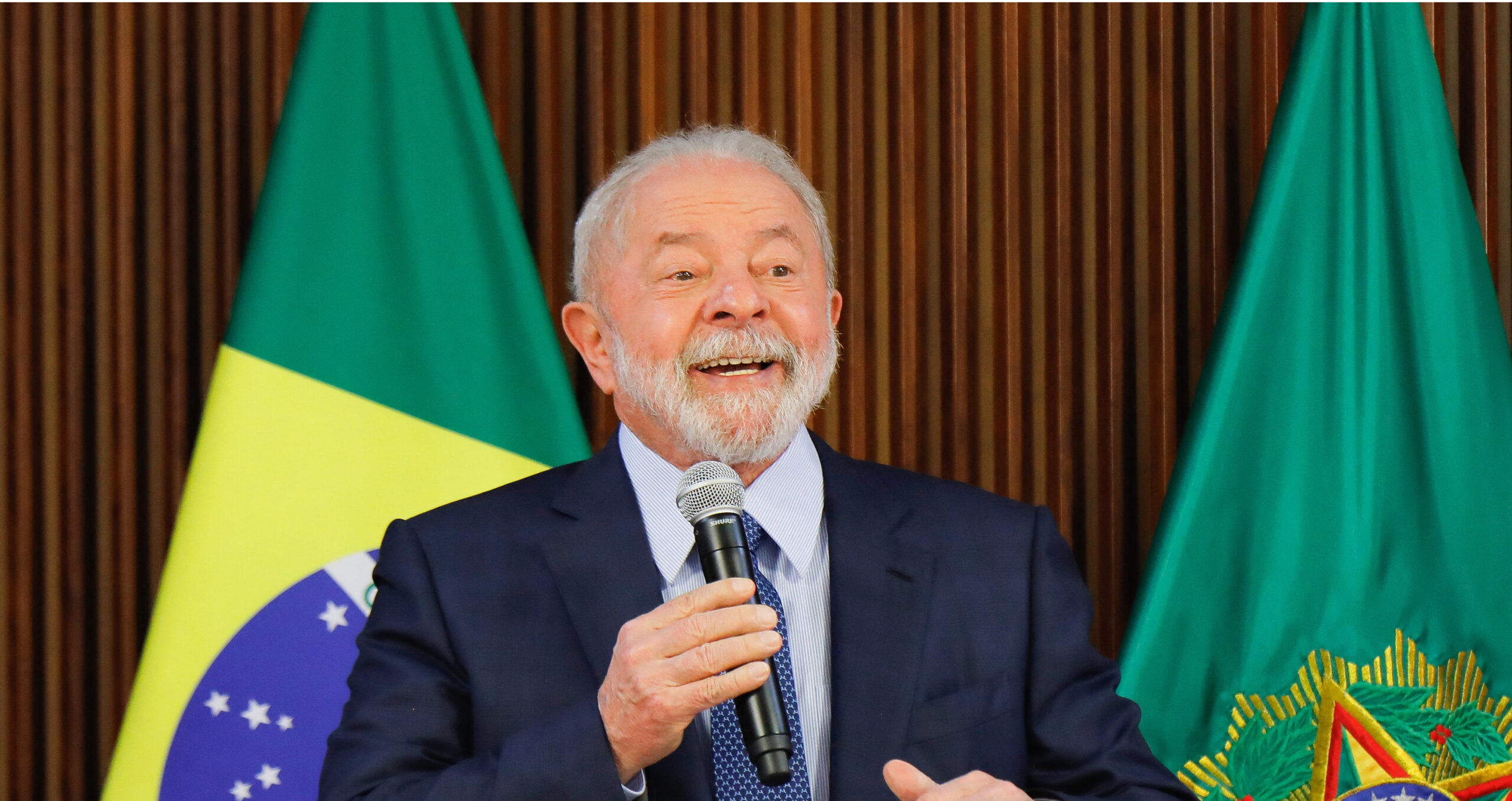
Lula restarts Brazil’s green policy agenda

The Amazon Fund, created to combat deforestation in the world’s largest rainforest, is back on track, with the US and the UK considering donations.
The pledge of Brazil’s new president, Luiz Inácio Lula da Silva, to halt deforestation in the Amazon and reach zero greenhouse gas emissions in the country’s electricity mix will require expansive and targeted policies, experts tell Sustainable Views.
This will not be an easy task as the country’s political divisions, noticeable in the election results and the recent storming of Brazil’s federal congress, run deep and reveal opposing interests.
In one of his first actions as elected leader, Lula (pictured), who had previously run the country for two consecutive terms until 2010, reinstalled the Amazon Fund he established in 2008, and which subsequently got suspended under his predecessor, Jair Bolsonaro. The fund raises donations for the prevention, monitoring and combating of deforestation practices, while also promoting the sustainable use of the rainforest.
Following the news, the fund’s two main donors — Norway and Germany — publicly pledged to release donations they had frozen during the Bolsonaro presidency, who lost to Lula last year and whose attitude towards protecting the Amazon forest was seen as lax. Germany added a further €35mn, bringing its total investment to €90mn; Norway had previously allocated more than €1bn to the fund.
According to the fund’s website, it has to date supported 102 projects, having allocated approximately $600mn.
However, the fund’s future success will depend on the diversification of international donors and the volume of financial contributions raised from both public and private sources, as well as its ability to foster projects that lead to an actual reduction in the rates of deforestation and other environmental crimes in the Amazon region, says Maiara Folly, executive director and co-founder of Plataforma CIPÓ, a Brazil-based think-tank.
She adds that the fund also constitutes a concrete opportunity for Brazil to push rich countries to increase their financial contributions to help developing nations promote climate action and sustainable development – considered one of Lula’s key foreign policies.
Some progress on that front seems to have already occurred, with the UK reportedly considering joining the fund and the US announcing “initial support”.
At COP27 in Egypt, Brazil, together with Indonesia and the Democratic Republic of Congo, signed a pact to conserve their respective rain forests, although no financial backing for the plan has been announced so far.
Meanwhile on the ground, national public security forces have started operations against illegal mining activities. “The main objective […] is to make supply lines and routes that supply and dispose of mining production unfeasible, in addition to guaranteeing the permanence of inspection teams for an indefinite period,” according to a statement by Brazil’s environment ministry.
It added that alleged indigenous rights violations had led to an investigation of genocide against the Yanomami population, whose numbers have been declining steadily.
Other initiatives in the pipeline
While policy initiatives against deforestation have been accelerated — with the government recently announcing a federal action plan across the country (including the Pampa and Pantanal areas) – other policy areas seem harder to implement.
For instance, the country does not have a regulated carbon market or taxonomy to rely on. Several sectors are interested in this subject, both public and private, but only the government can set up a process and establish agreements, comments Marcio Astrini, executive secretary of the Climate Observatory, a climate-focused civil society network that publishes Brazil’s annual greenhouse gas emissions estimates.
Astrini and Folly both agree that the current government has the political will to advance this regulation but much will depend on congress’s position.
Meanwhile, Rogerio Ceron, the country’s treasury secretary, stated that Brazil plans to issue its first green bond in 2023, although no terms and specific timeline have been revealed.
Furthermore, to decimate emissions in Brazil’s electricity matrix, experts point out that the country requires nothing short of an overhaul in policies.
Camila Ramos, managing director of consultancy firm Clean Energy Latin America, notes that despite the growth of renewable energies in the country, further modernisation of the electricity sector is needed.
This could consist of restructuring the sector in order to make it more competitive, opening the free market to all consumers, legislating a domestic green hydrogen market, regulating offshore wind in the country, as well as the creation of a structured carbon market.
Astrini says that energy efficiency will be key to achieving zero emissions. He argues that the government will have to draw plans for energy efficiency across several sectors such as energy, transport and housing – including supporting the use of a growing electric urban mobility fleet while discouraging private transport.
He also favours a veto against the implementation of large hydroelectric plants in the Amazon and one against the expansion of offshore oil and gas exploration in areas of recognised environmental sensitivity.
Although Brazil’s green policy agenda seems to have restarted, much of its implementation will take time to align with the deforestation and emission reduction targets its government has pledged.
Photo credit: Sergio Lima/Getty Images
Similar Articles

Truckmakers must speed into action to meet zero emissions rules

Could wind energy help shipping cut its emissions sooner?


